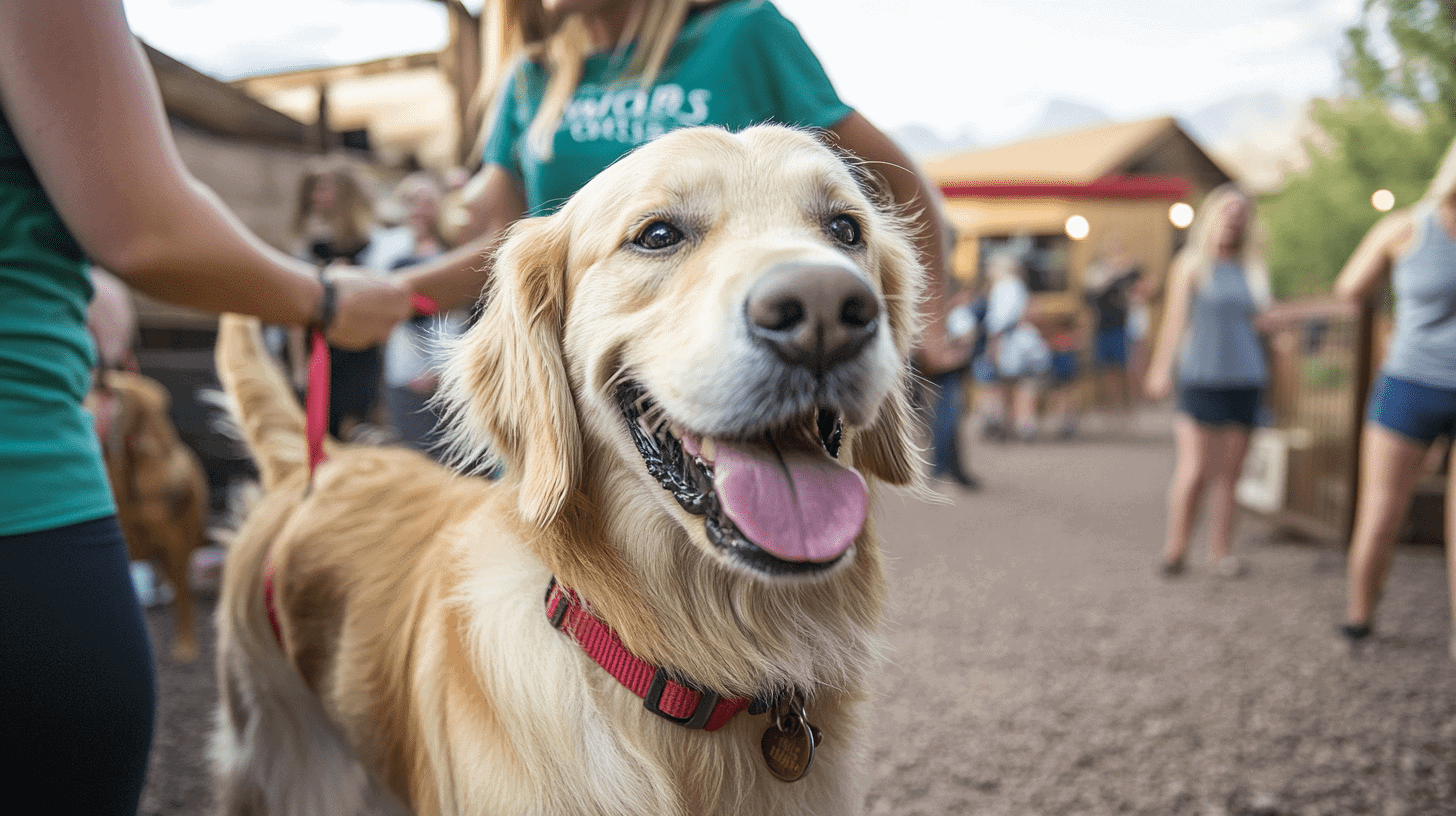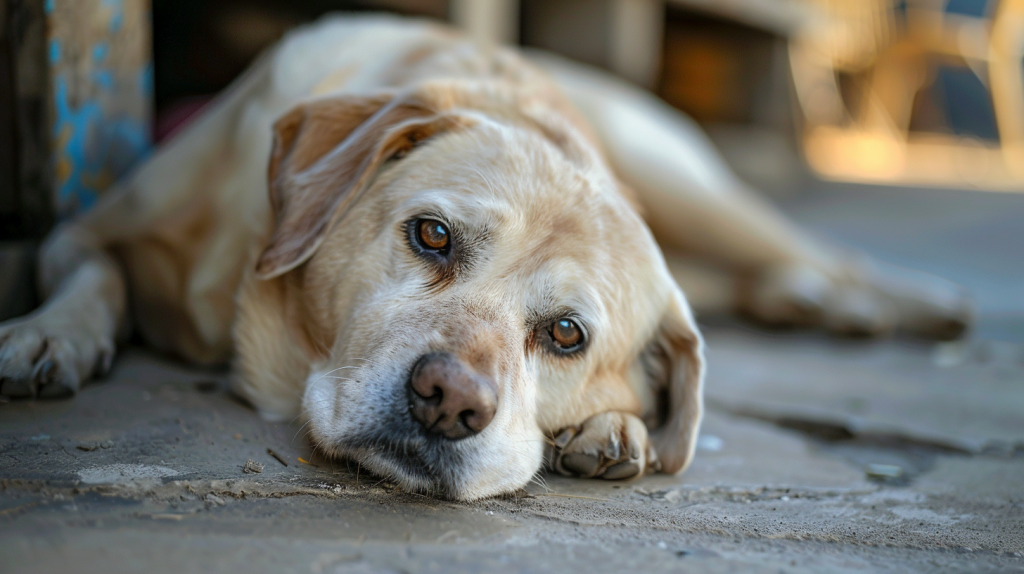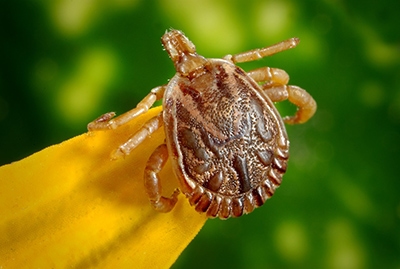Vet Buzz from Bill Barboni, DVM and Chris Pitts, RVT,
Marin Pet Hospital, San Rafael, CA

Cancer. About the only nice thing one can say about cancer is that some forms are benign. Dogs can get all the forms of cancer as people; skin cancer, liver cancer, splenic tumors, mammary cancer, etc. There is not a definitive way to prevent most kinds of cancer; therefore, receiving good treatment once diagnosed is really important.
Cancer in the most basic sense is an overproduction of cells. This rapid production is due to a loss of the rest phase in the cell division process. The kind of cells being overproduced determines the type of cancer.
Cancer in its various forms can spring up anywhere and at any time. Neutering can prevent testicular cancer, and spaying can prevent uterine cancer for the obvious reason that one cannot get cancer in an organ that is no longer in the body. Limiting a light colored dog's exposure to the sun can limit the risk of skin cancer. However, there is still little information on how to prevent most types of cancer.
If a tumor is noted on your dog, the veterinarian will ask for an aspirate (a small sampling of cells obtained via needle) or a biopsy (a larger section of tissue) to be performed to determine the type of cancer. Obtaining a biopsy may require anesthesia. If the type of cancer found lends itself to a surgical cure, then your dog will typically be put under anesthesia and the tumor removed. The tumor will then be sent to a histopathologist to ensure that there are clean margins, i.e., that the entire tumor was completely excised.
In addition, prior to any surgery, your veterinarian will want to take a set of abdominal and chest films to see if a mass can be seen, and also to ensure that a tumor has not metastasized to the lungs or another organ. An ultrasound is also a good idea to have done prior to surgery so that your veterinarian can be sure that the initial tumor seen is the only tumor in question, or that the cancer has not invaded other organ systems.
Many times surgical removal of a tumor is curative. But in cases where it is not you may then decide to proceed with chemotherapy and/or radiation therapy. Many times a client will tell us that they do not want to put their dog through chemotherapy. But do not make the decision of whether or not to do chemotherapy based on what you might know about human chemotherapy. In general, chemotherapy is tolerated much better by your dog than it would be by you. The side effects are generally much less severe in dogs. Radiation, however, has the same inherent risks of tissue damage in dogs as it does in people. There are veterinary oncologists to help guide you through the decision making process so you can make the best decision for your dog.
Some forms of cancer do seem to be more prevalent in certain breeds. For instance, if a Golden Retriever over the age of eight shows up at our hospital to be seen for lethargy and anemia, most of the time it is caused by a splenic tumor while Greyhounds have a predisposition to osteosarcoma (a tumor of the bone). It is a good idea to study the breeding lines prior to buying a dog when possible so one can see if a cancer trait is prevalent.
Early diagnosis and treatment are key to improving the outcome for your dog. If you note a mass that changes in color, texture or size, you should have a veterinarian take a look at it. Other symptoms of a tumor in your dog can be as ambiguous as lethargy or a decrease in appetite. Keeping up on your dog's yearly physical, and considering a twice a year check up for older dogs, can help keep your pet ahead of this disease because masses will be scrutinized on a regular basis for changes, and a veterinarian can palpate your dog's abdomen for telltale signs of swelling. Furthermore, a set of survey films and bloodwork between the ages of eight and ten is a good preventative idea; even if no abnormalities are seen at the time, they can serve as a great comparison tool should a question regarding your dog's health arise in the future.
Cancer treatment will vary depending on the type and staging of the cancer. Your dog's ability to survive his cancer will depend on what type of cancer he has, where it is located, and if the cancer has spread to other parts of the body (metastasis). Vigilance is the key to a better outcome. Should you need them, your veterinarian has specialists that can be called in to help you through the decision making process. There are types of cancer that are benign and others that are malignant. Your veterinarian will determine which kind you are dealing with so you can make the best decisions for your dog.






